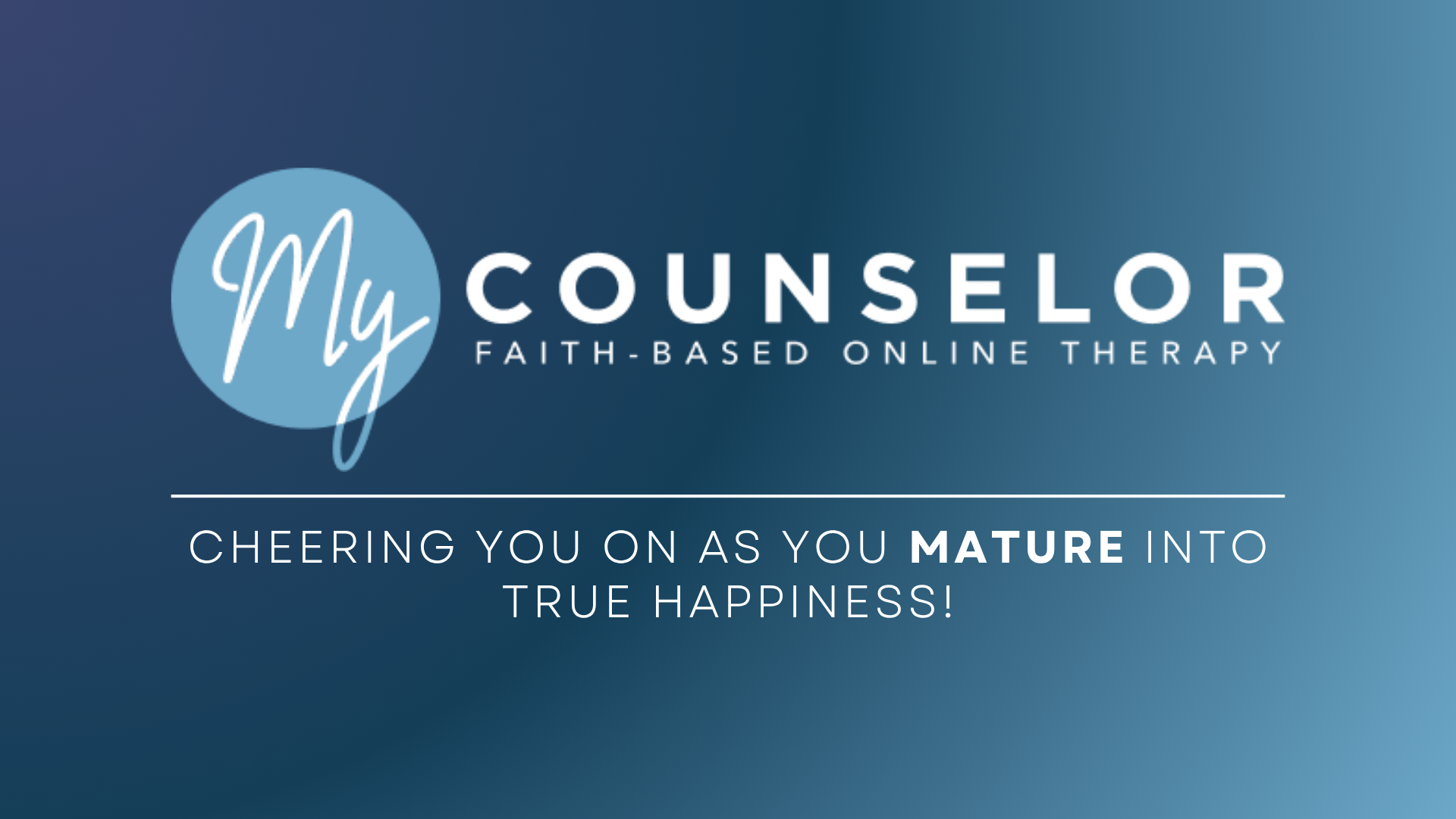Eating Disorder: My Friend is Starving Herself!
This article is based on scientific evidence and clinical experience, written by a licensed professional and fact-checked by experts.
Posted: March 13, 2020
Estimated reading time: 3 minutes
In This article

“I have a friend who thinks she need to lose weight and she thinks the best way is to not eat. How do I show her thats just going to make her sick and unhealthy? I care about her a lot and if she wants to lose weight, then do it the healthy way?”
CASSIE
Welcome to my counselor online. I’m Cassie and this is MyCounselor Says. That’s where you submit your questions and I tracked down one of our awesome therapists and get them to answer your question, so today our question comes from Joy, and here’s the question:
“I have a friend who thinks she need to lose weight and she thinks the best way is to not eat. How do I show her thats just going to make her sick and unhealthy? I care about her a lot and if she wants to lose weight, then do it the healthy way?”
So let’s go to Josh and see what MyCounselor Says.
JOSH
So we all have friends that feel like they need to lose a little weight that and some of them are willing to try things to do. So that are not going to be healthy for them or helpful for their body, like not eating or even starving herself.
That can raise some real concerns for those of us that love them and attention. We want to know what can we do about that.
And one of the things that we have to come to acceptance in is our powerlessness our inability to make people make good decisions. That’s one of the hardships of human life that those around us have the
Right and the opportunity to make choices that we would disagree with. And that are maybe harmful or not good for them.
And so, the short answer is that we don’t have the ability, nor do we have the right to make people make decisions that we think are good for them.
Or that would be good for them. And so we have to come to terms with the limited autonomy that God has allowed people in their lives.
And respect the boundaries of allowing them to make the decisions that they’re going to choose to make (even if she is not eating well).
And so what that does give us the ability to do the option of is simply to share honestly with them, how we experience the situation.
Now, this is about sharing our experience and sharing our thoughts, not about manipulating or trying to control
The other person, even if it’s for their own good manipulation and control is unhealthy and unhelpful. And so we’re talking about sharing
How their decision impacts us and the decision that we wish that they would make and maybe options that we think are better options for them. We’re talking about how we feel about your friend not eating, or starving herself.
If they choose to make those for themselves and our willingness to love them to spite of the decisions that they might make
Boundaries communicating boundaries that we might need to have with them if they make certain choices that are
Harmful towards us, the relationship or themselves and what we may have to do in terms of self control in response to choices that they make.
And ways in which we could be supportive of them in our options that we could get behind and believe would have a positive outcome for them.
And so in short we need to respect their right to make decisions that are different than what we would choose for them.
Be communicate honestly, but not manipulative Lee about how we experience the situation and see offer alternative solutions that we believe would be helpful to them and that we could get behind supporting them in the pursuit of.
Thank you Joy and Josh. If you have a question that you want to be answered by one of our counselors, submit it here!
Back to topThis article is based on scientific evidence and clinical experience, written by a licensed professional and fact-checked by experts.
About the Author

Josh Spurlock
Josh Spurlock MA, LPC, CST, has a BA in Biblical Languages and a Masters in Counseling. He is a Licensed Professional Counselor (LPC), holding licenses in Missouri, Colorado, and Florida. He is also a Certified Sex Therapist (CST), Level 2 AEDP Therapist, and an Ordained Minister. He is an Advanced Practice Clinician, with over 10,000 hours of clinical experience. He specializes in Marriage Counseling, Sex Therapy, Family Counseling, and works with Executives, Pastors, Business Owners, and Ministry Leaders. Learn more about Josh Spurlock at JoshSpurlock.com.
Learn More About JoshShare this article
View more articles

Navigating Conflict and Reconciliation with Adult Children: Practical Tips for Parents
By: Danielle Schaefer







